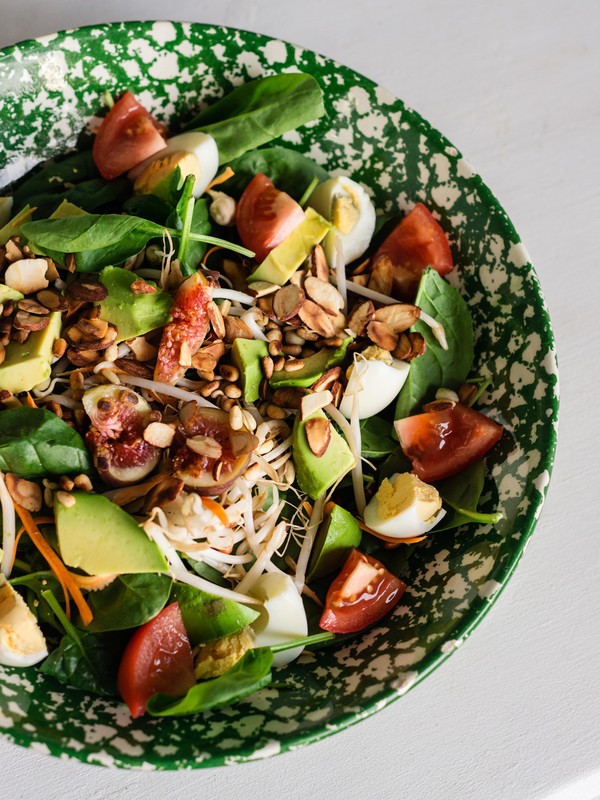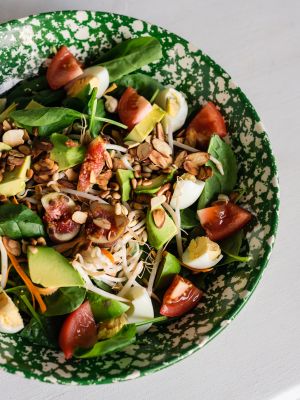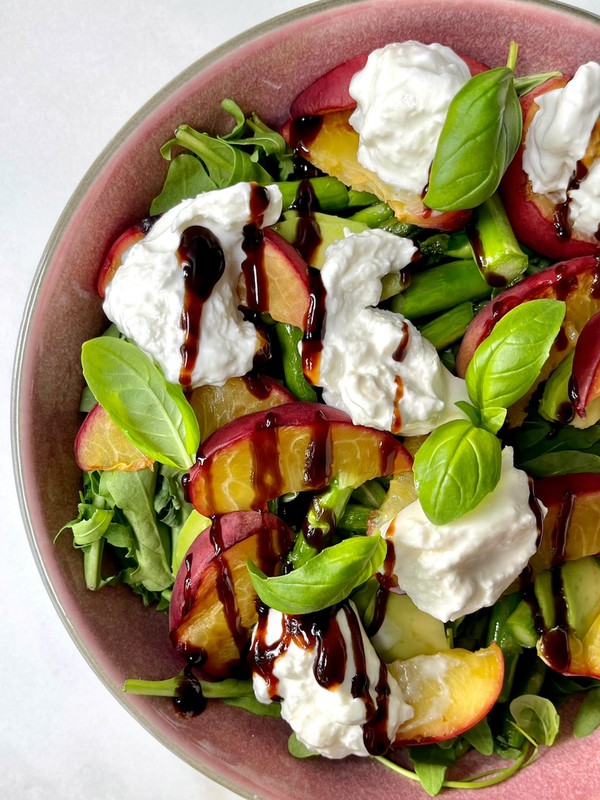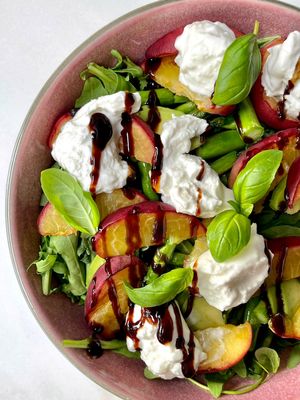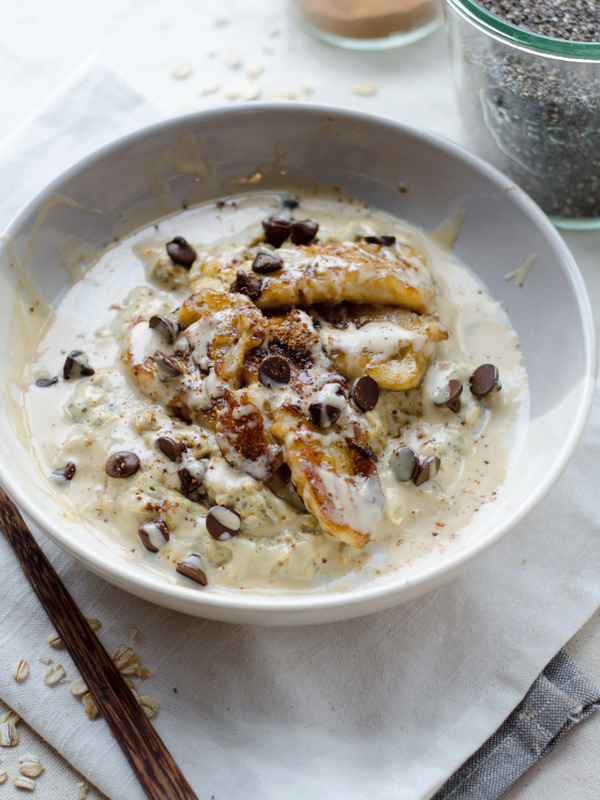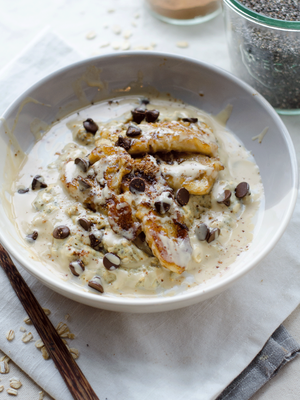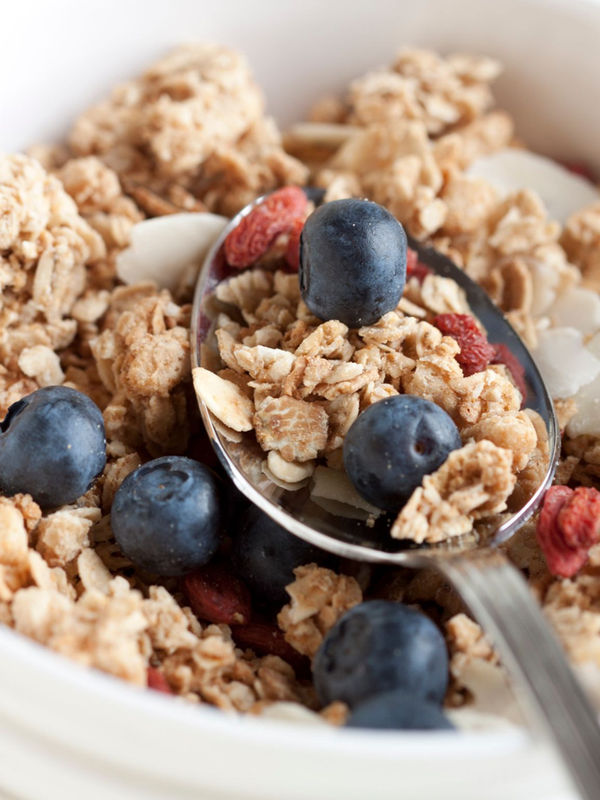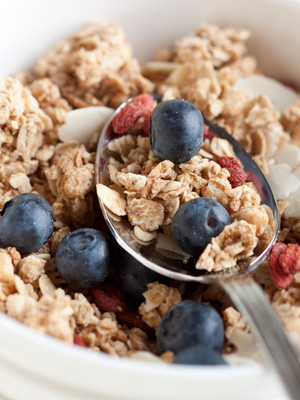
How To Break Free From Emotional Eating
First, what exactly is emotional eating?
Emotional eating is linked to how you use food as a coping mechanism when feeling stressed, anxious or angry. As nutritionist Clarissa Lenherr explains, it all comes down to the stress hormone, cortisol. “When we are stressed, our adrenal glands secrete cortisol, a biological response designed to help us respond to danger. Part of this stress response is an increased appetite as our body thinks we need more fuel to fight or flee, resulting in cravings for high-energy foods. At the same time, our bodies intrinsically crave highly-palatable foods like chocolate, crisps and cake when we are under pressure, as these foods put a temporary pause on cortisol production, relieving the physical effects of stress,” she says.
Where does the habit of comfort eating come from?
For most of us, the triggers for emotional eating are external – a high-pressure job or a hectic family life, the need to escape, or succumbing to old habits. If you find yourself bingeing or notice a lack of control around food, this is a key sign you are feeding your feelings. Other signs include eating when full; over-consuming foods such as sweets, cakes, chocolate and crisps; and feelings of shame and guilt when eating.
Can it affect your health in the long run?
While nutrition consultant Jenna Hope says eating large amounts of high-fat and high-sugar foods over a long period of time can increase your risk of weight gain and type 2 diabetes, for her, the risks are more psychological. “Emotional eating – or eating to ‘fill a void’ – can affect your relationship with food, including the way you think and feel about it. If eating is upsetting you, causing prolonged distress or impacting your health, please seek professional support,” she stresses.
How can you break the cycle?
KEEP A JOURNAL: As Jenna explains, stress eating can sometimes occur on autopilot. “Try and identify your eating habits and triggers through a food and mood diary. Identifying the patterns and times when you are more likely to comfort eat will enable you to better manage them.”
PRACTICE MINDFULNESS: Finding alternative ways to deal with stress is key to breaking the cycle of emotional eating, says Jenna. “Self-care tactics are a great way to lower stress – try having a bath, relaxing with a cup of tea, going for a walk or reading a book. Also try talking to a loved one about why you’re feeling stressed – controlling your emotions is vital when it comes to improving stress eating.”
GO DIGITAL FREE: Putting tech away at mealtimes can have a huge impact on the way you connect with your food, says Clarissa. “Reading emails or looking at the news while you eat will put you in a stressed state and increase anxiety, which can lead to over-eating and digestive discomfort.”
PUT IT AWAY: “Keep temptation out of reach by making sure snacks in your kitchen are out of eye-sight – this is particularly important when working from home. Try popping those chocolate biscuits in your kitchen cupboard or not buying a tub of Ben & Jerry’s if you know it’s a trigger food,” says Clarissa.
CONNECT WITH PHYSICAL HUNGER: When you connect with your body’s natural hunger signals, you’re empowered to make food decisions based on hunger rather than emotion. Try to scan your body for physical hunger sensations (like lack of energy or a rumbling tummy) before you eat anything.
GET INTO THE RIGHT MINDSET: Try to be kind to yourself, focusing on the positive instead of talking down to yourself. Whether that’s filling your cupboards with food that feels nourishing, not guilt-inducing, or reaching out to an old friend you haven’t spoken to for a while, the operative word here is kindness.
If you are struggling with emotional eating, visit Beat, the UK’s official eating disorder charity.
DISCLAIMER: We endeavour to always credit the correct original source of every image we use. If you think a credit may be incorrect, please contact us at info@sheerluxe.com.
